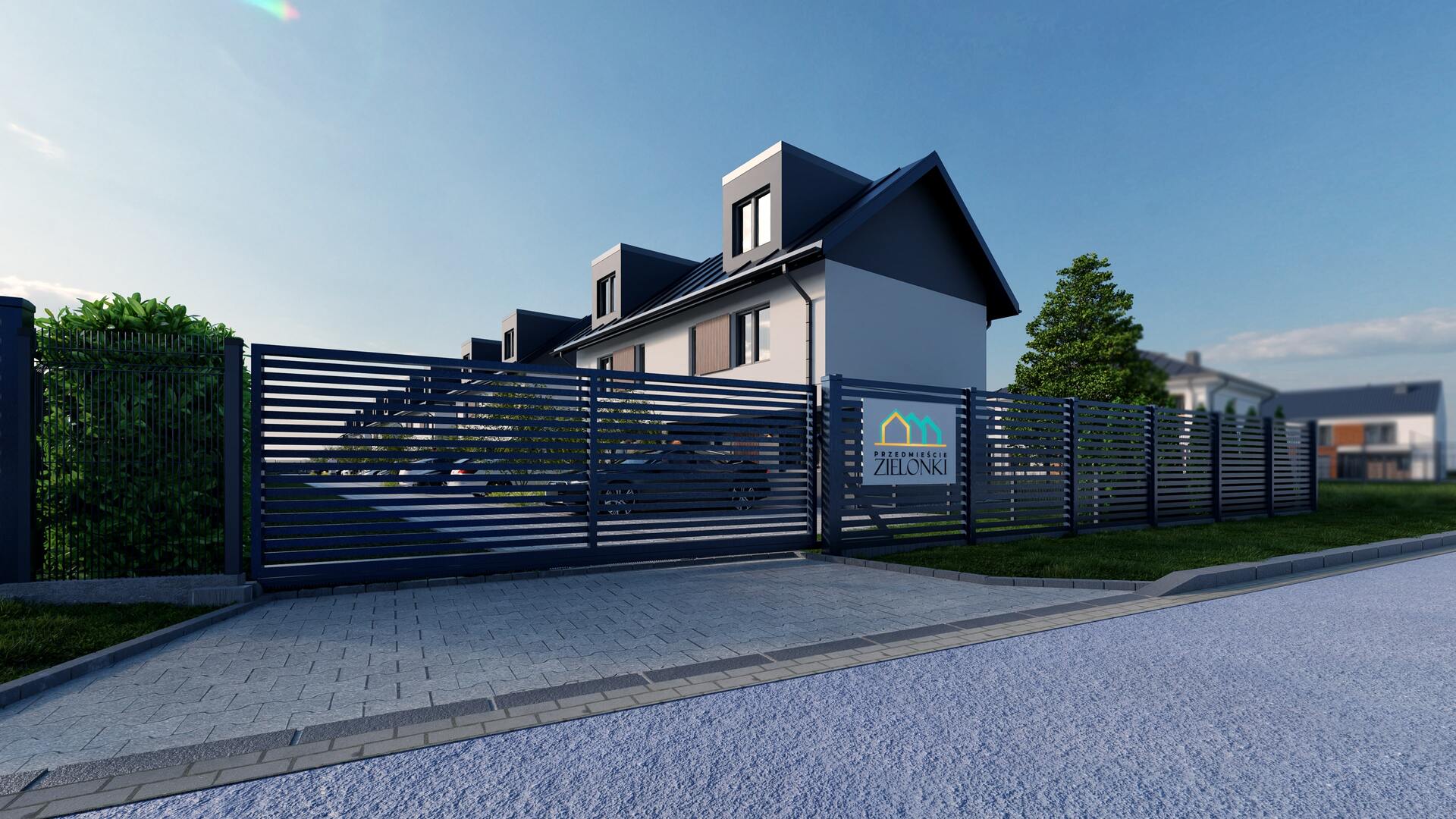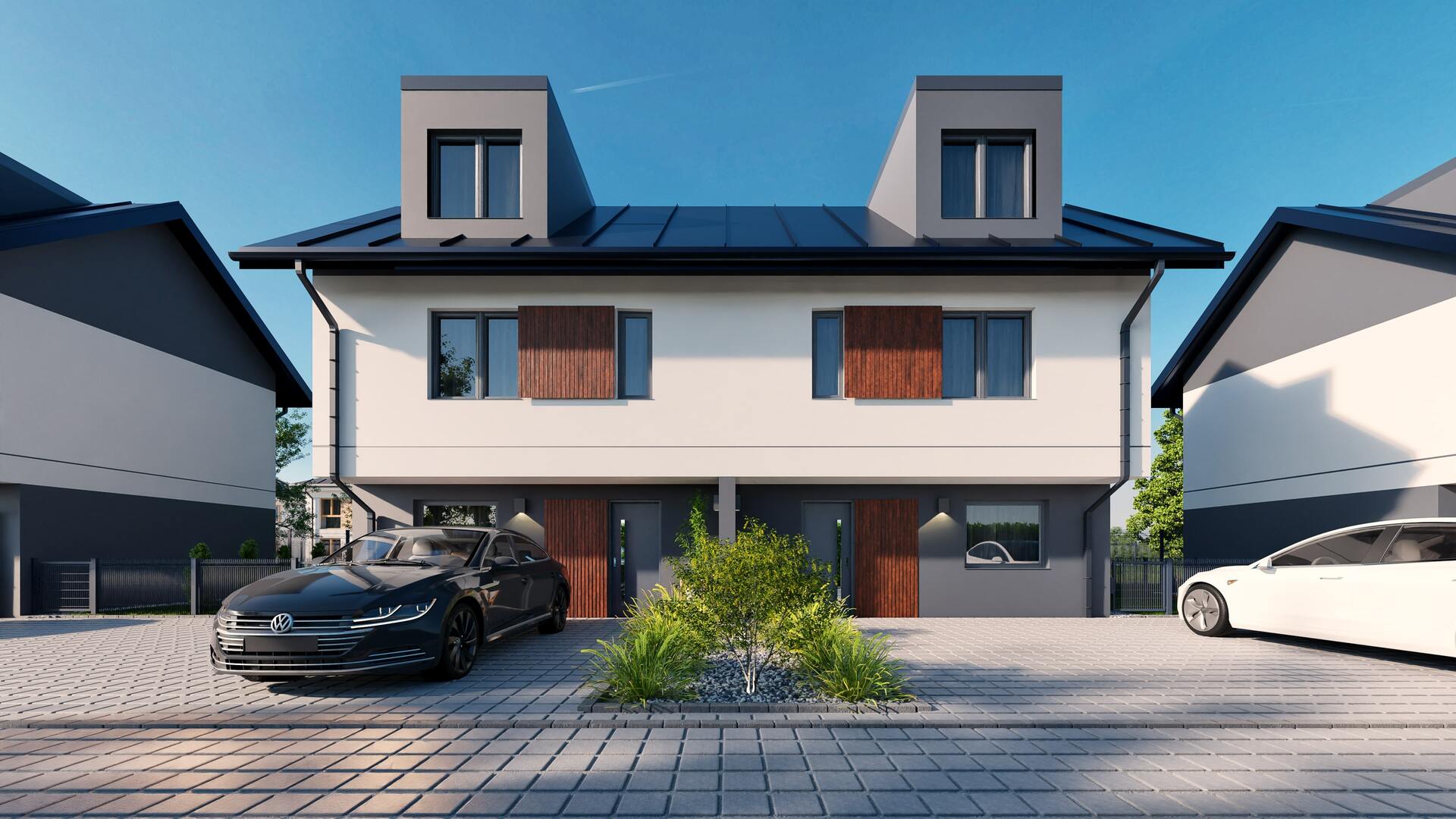
SEO on a Real Estate Developer Website - 7 Tricks
...
SEO agency for real estate developer and real estate – find out how local SEO, content, and AI accelerate apartment sales and reduce lead costs.
SEO agency for a real estate developer and the property industry – sounds like another expense?
Or perhaps the missing piece that will speed up apartment sales before the bank starts charging more interest?
Why is your competition appearing in the Map Pack while you’re still chasing leads with “boosted” ads?
Look at it differently:
This isn’t about the “trend” in SEO.
It’s about a steady stream of hot inquiries day in, day out, while you’re holding a site meeting.
SEO in real estate is a marketing asset, not a one‑off cost.
The longer it runs, the less you pay per additional client.
And when it’s time for the next property investment, your domain authority will already be working in advance.
In this article, I break down the process:
keyword research, local signals, content, technicals and links,
plus hard numbers that show when to choose SEO and when to kick‑off Google Ads.
Read it, tick off the checklists, and see how your apartments sell faster than freshly poured slabs can harden.

SEO stands for Search Engine Optimization.
In practice – you set up your site so that Google likes it and shows it at the top of results.
Do it once? No.
SEO is a process: test → measure → improve.
That’s why it’s like compound interest – the longer it works, the bigger the return.

“We have a great location, but our site traffic is flat.”
“Google Ads costs me a fortune and leads aren’t hot.”
“A neighboring investment appears before us in Map Pack.”
Sound familiar?
Good. We’ll fix it.

Why?
Local phrases (“three‑room apartments Mokotów”) have low CPC competition and SEO can own them permanently.
A site with blog and FAQ content answers customer questions – Google rewards that.
Developers collecting reviews in Google Business Profile dominate the Map Pack and capture on‑the‑fly traffic.
In summary:
SEO in real estate isn’t an add‑on.
It’s the cheapest channel for hot leads, if you give it time and consistent optimization.

SEO, real estate, and developers form a high-potential trio – but only if all elements work together.
Non‑mobile or slow site
60–70 % of real estate traffic is mobile. No mobile version or LCP >3 s signals Google to demote.
Shortcut budget/time
SEO needs months, not weeks. Low budget or expecting results in 30 days usually ends with no ROI.
Ignored technical issues
duplicates, missing sitemap.xml, wrong redirects, slow servers block crawl budget – great content but Google can’t see it.
Targeting ultra‑competitive keywords
aiming only at “apartments Warsaw” with a new domain is a losing battle against big developers.
Stale or duplicate content
old sold listings still visible, blog untouched for a year – signals abandonment to users and search engines.
Chaotic or no link building
outdated spammy directory links or zero local/industry links = no authority, no ranking.
Inconsistent NAP & no reviews
mismatched address/phone in GBP versus site + few reviews = poor local signals, disappearing from Map Pack.
No analytics or iteration
without tracking traffic, leads, conversions, SEO becomes guessing instead of data-driven.
Conclusion: SEO in real estate fails when there’s no strategy, technical quality, or patience. Remove these blockers and optimization will get back on track.
SEO is a lead‑machine that works 24/7, even while you sleep.
Developer goes from zero to sold‑out in 9 months
| Metric | Before | After 9 months |
|---|---|---|
| Organic traffic | 1 200/mo | 6 400/mo |
| Form inquiries | 15 | 97 |
| Cost per lead | $55 (220 USD) | $10 (42 USD) |
Key? Blog content + local links + schema.

| Mistake | Quick fix |
|---|---|
| Investment page without HTTPS | Install cert, 301 redirect |
| Duplicate meta‑titles (“New apartments”) | Customize titles: “New 2‑room apartments X” |
| Zero reviews in GBP | Ask first buyers for reviews + photo |
| Duplicate meta‑titles again | remove duplicates in GSC |
| No SSL | add ssl certificate |
| Slow 5 MB images (LCP >4 s) | Replace images |
| old wordpress site | create new site with redirects |
| Spammy directory links (2010 vintage) | remove links |
Hire an agency when:
Build in‑house when:

Developer portfolio – at least three residential projects.
Monthly KPI reports: visibility, traffic, leads.
Transparency in links and costs.
6‑month contract, not 24 – the market changes faster than notarization.
Optional AI stack – not a fad, a 2025 standard.
SEO is an investment, not a cost.
Lead Value vs Cost: SEO lead cost is on average 2.1× lower than PPC.
Time Window: Positive ROI appears in 6–12 months; peak in 2–3 years.
KPI combo: Organic traffic → forms → calls → signed deals. If any link is missing, ROI isn’t complete.
Optimization:

SEO, developer, real estate – these three words determine sales pace.
Without visibility in Google you pay more for leads and waste time.
With solid SEO you build brand, lower CPL, and sell faster – even when Ads are off.
Key? Technical foundations, content answering real buyer questions, local signals from Google Business Profile.
Add links from industry media, keep Core Web Vitals green, update your blog – traffic grows like compound interest.
Don’t treat SEO as a one‑time task.
It’s a process requiring patience, but it pays off generously with each new investment.
First gains usually after 3 months; full strength in 6–9 months.
No. SEO builds long‑term traffic, Ads deliver immediate clicks. Best results combine both.
Mix of local (“new apartments Prądnik Biały”), long‑tail (“three‑room apartment with garden”), and branded (“developer name reviews”).
Yes. Google prefers HTML content, and a blog answers buyer questions, boosting ranking.
Look at lead volume, CPL, time on site, and organic share in sales.
Only if not optimized. Use WebP, compression, lazy‑load to keep LCP <2.5 s.
Yes. Fresh reviews with local keywords strengthen Map Pack visibility.
They bring traffic and trust, but are usually no‑follow. You also need links from industry media and local sources.
At least quarterly: construction status, pricing, promotions. Fresh content signals activity.
No. Each project needs its own optimized URL to avoid keyword cannibalization and improve targeting.
Yes. Sites without HTTPS lose trust and ranking, especially those with lead forms.
RealEstateListing, Offer, Organization, FAQPage – show price, rooms, and Q&A directly in SERP.
Mechanism is the same, but competition and intent differ. Secondary market focuses more on “renovation”, “direct sale”, etc.
Focus on long‑tail, expert content, local and industry links. Authority grows gradually but steadily.
If you have time, tools, and knowledge – yes, though results may be slower. An agency brings experience, team, and processes, shortening the path to results.
Book a free consultation.
Sign up now for our free RendProletter and receive 1 email every week with a short summary of the best posts from our blog and emails with unique offers you won't find anywhere else!